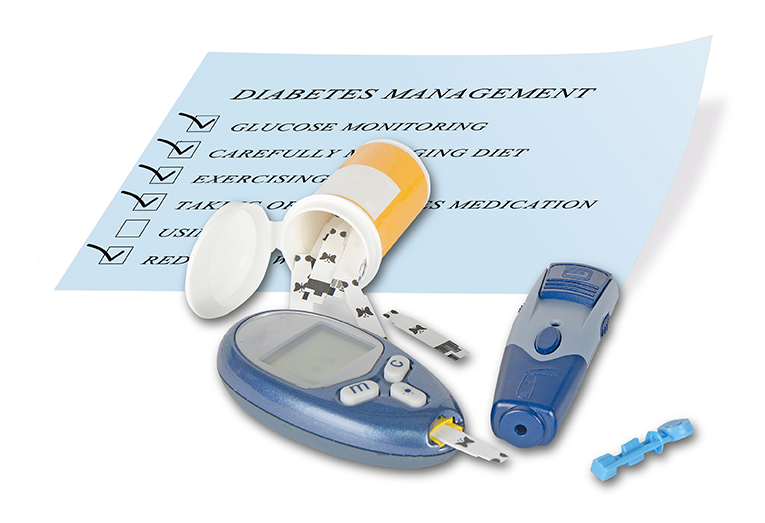
MedTech Predictions for 2021
We have the opportunity to refine processes that were implemented in a hurry during the pandemic, along with the insight to improve the entire healthcare system.

We have the opportunity to refine processes that were implemented in a hurry during the pandemic, along with the insight to improve the entire healthcare system.

The record-high number of authorizations last year was a significant jump over 2019.

Among the many lessons from the COVID-19 pandemic, it’s clear that the future of healthcare belongs to those who can harness science and technology—sometimes rapidly—to improve population health through more efficient and accessible care.

It’s time for these companies to bridge the knowledge gap and transform how healthcare information is accessed and used.

Seamless and personalized diabetes care has become a new normal.

In an industry fraught with constant challenges, medtech leaders need to close the growing skills gap of their employee base and develop leadership from within. The pandemic’s impact on an increasingly remote workforce has caused companies to adopt a new approach to cultivating emerging leaders.

Critical care hasn’t had many breakthroughs in recent years and in order to change that, I believe we need to put more of an emphasis on integrating technology—specifically artificial intelligence (AI) —into the field.

The agency created the new post within CDRH, effective January 1.

With the accelerated adoption of many new technologies, ECRI’s annual health technology hazards list has been transformed by the COVID-19 pandemic.

Data integration is doing much to enhance regulatory information management. Life sciences companies are increasingly discovering useful interdependencies between data, documents and RIM processes. The next step is to put this data to work to improve efficiency.